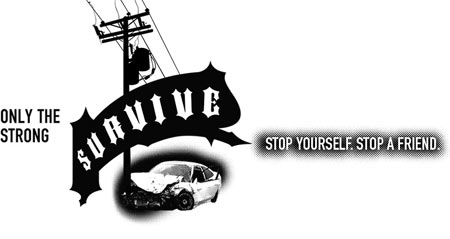
Help Them Develop Refusal Skills
It is never easy to refuse something that seems tempting. But it's very important for teens to be able to say no to drugs and alcohol. You can help your teen develop refusal skills in many ways. Here are some tips you may want to help your teen practice.
1. Give a reason for saying no.
Be honest. Honest answers are more easily accepted by others. Some reasons might be:
“I want to keep a clear head.”
“I could get suspended from the team.”
“I don't use alcohol or other drugs.”
2. Use the right body language.
Your body language has to match your words. Make sure there are no mixed messages. Be firm, not wishy-washy. Make eye contact, stand up tall, and use a firm voice. Don't look at the ground, glance away, show you are nervous, or speak softly.
3. Show your concern for others.
Express your concern for those trying to persuade you. In the case of friends who have decided to drink, you might say things like:
“I'd be really sad if anything happened to you.”
“What would your parents do if they found out you were drinking?”
4. Suggest something else.
Try to persuade your friends to do something safer or more healthy. Here are some suggestions:
“Let's go out in back and play volleyball.” (or some other sport)
“I'd rather dance and eat something. I'm starved.”
5. Take action.
If your friends still try to talk you into doing something you don't want to, just leave. That way they'll know you're not going to change your mind.
There are plenty of times when we don't know what to do, no matter what our age. Teens haven't yet faced a lot of situations, so they may need help figuring out what they should do.



